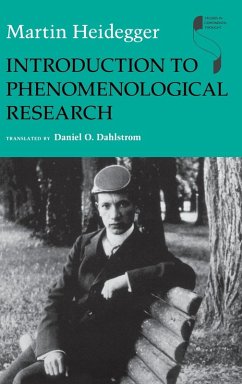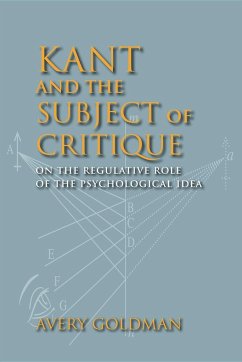
The Beginning of Western Philosophy
Interpretation of Anaximander and Parmenides
Übersetzer: Rojcewicz, Richard

PAYBACK Punkte
17 °P sammeln!
His engagement with these Greek texts is as much of a return to beginnings as it is a potential reawakening of philosophical wonder and inquiry in the present.













